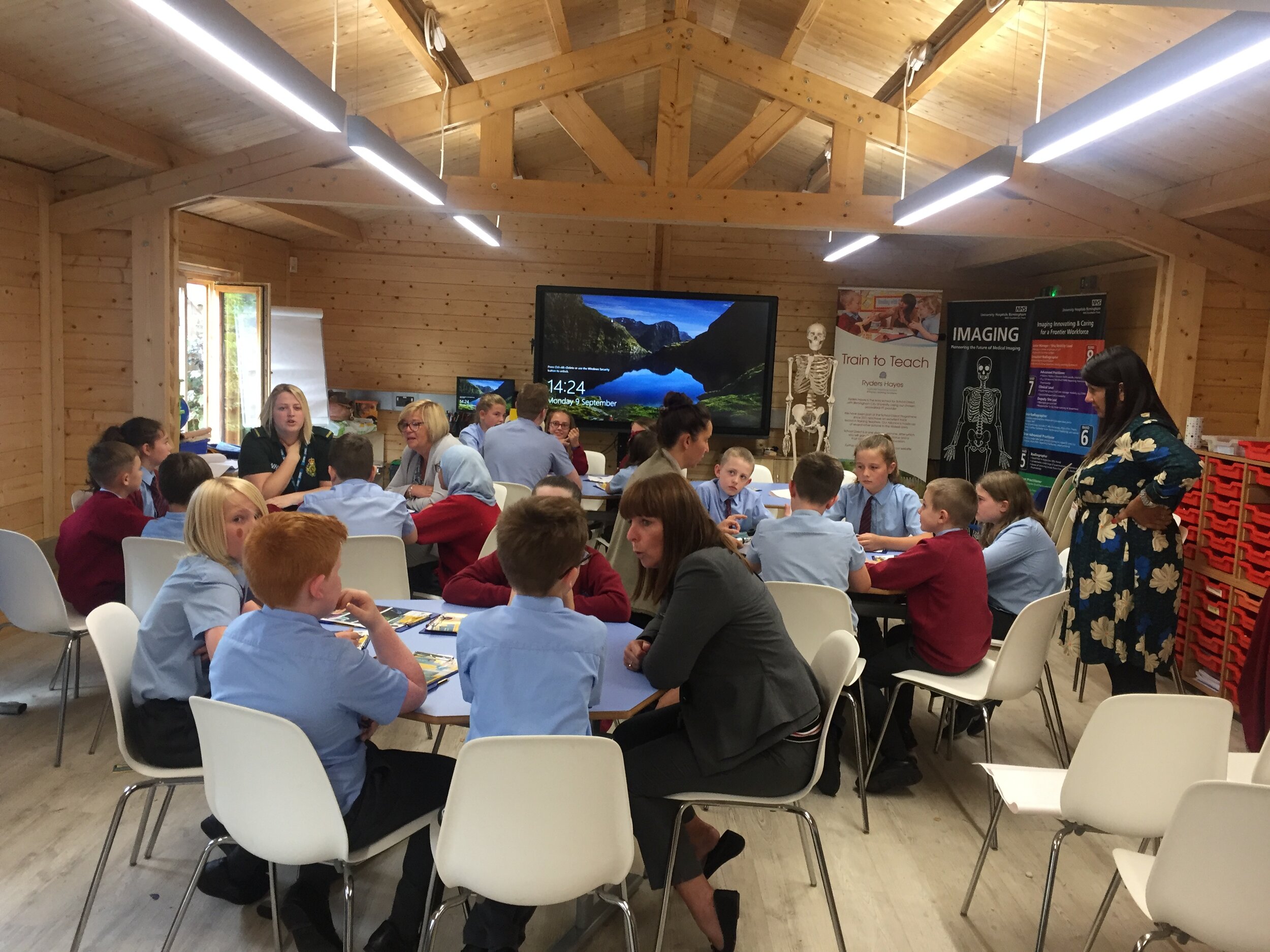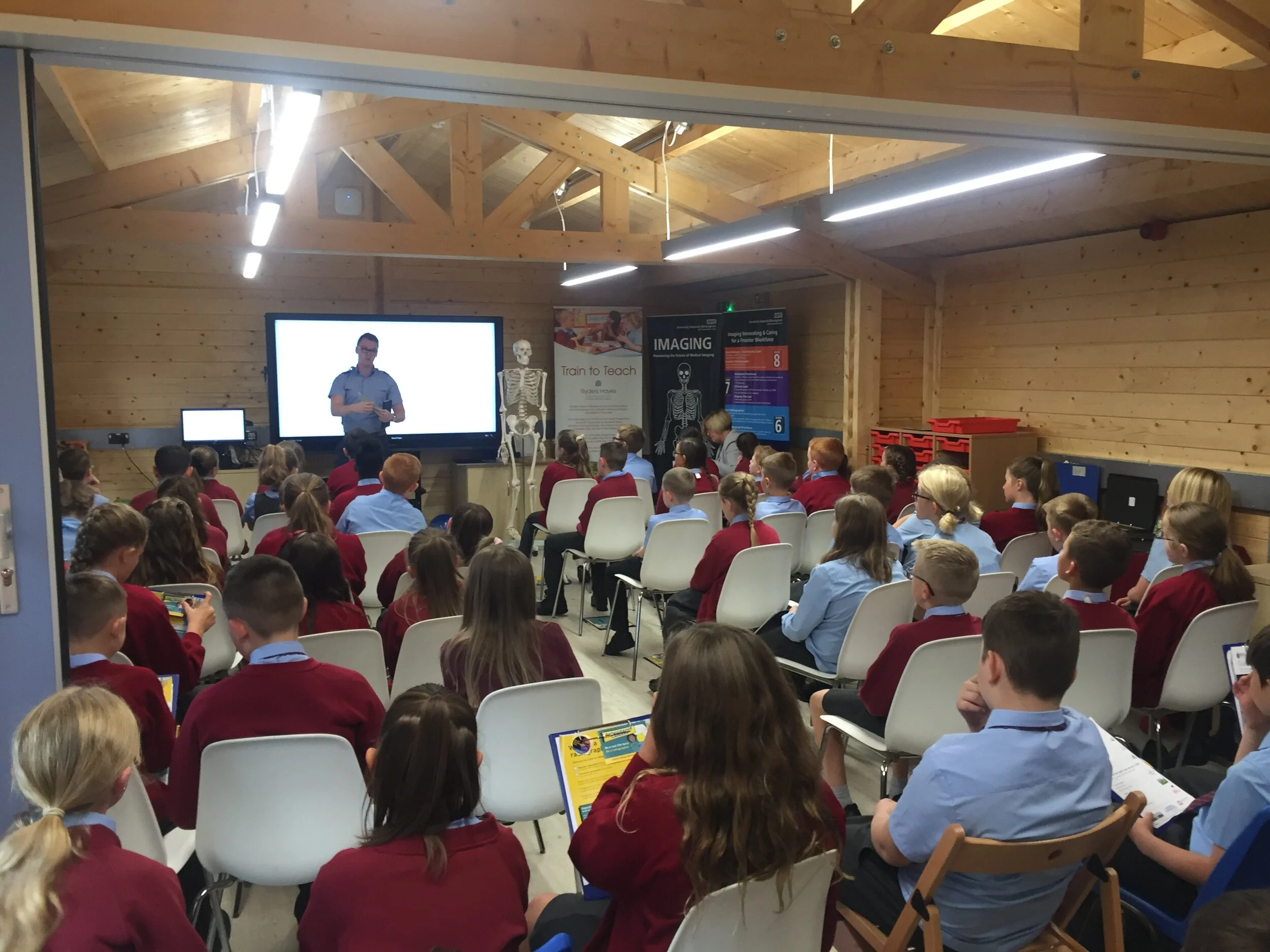What is The Impact on Pupils?
After extensive research it has emerged that the perceptions of pupils have about certain jobs and careers are formed at a very young age. These studies have emphasised that pupils aspirations are shaped and often restricted by who they know, their socio-economic background and through gender stereotyping. These factors can influence what subjects they chose, do well in and the careers they consider.
The careers education events focus on careers for 2030 and beyond and offers an opportunity for primary aged pupils to explore a variety of sectors and will therefore impact on what career and dreams they wish to pursue.
Many children’s aspirations appear to be based on gender specific ideas about certain careers. Boys will aspire to traditional type male dominated sectors such as engineering, scientists, footballers and the armed forces. Girls however will aspire towards the more traditional female sectors such as vets, teachers and careers in the health and caring profession. By running a series of events that look at a range of sectors and stereotyping, this mindset will slowly change, as pupils are inspired by our visitors.
Employers agree with the fact that pupils still think of careers as being female or male, meaning they often rule themselves out of careers that they might be very interested in and very successful at. Employers also recognise that they will not therefore benefit from the complete talent pool that is potentially available to them until this changes.
It is also noted that pupils from disadvantaged backgrounds have more of a limited view on their potential and what they were able to achieve. Giving pupils a better understanding of the world of work and encouraging them to meet volunteers from a rage of sectors allows them to “think outside the box”, “broaden their horizons” and to consider careers they would not have ordinarily thought about. Volunteers become educators on careers and are the prefect role models to these pupils. Having pupils meet someone who did the job they aspire to do, turns out to be key, and schools can play such a powerful part in helping pupils meet more volunteers from across all sectors. It is also obvious that pupils begin school with a strong assumption based on their own day to day life experiences, which are formed by ideas surrounding gender, ethnicity and disability.
The work we have done so far has clearly identified the importance of starting early! When pupils in years 3, 4, 5 and 6 were asked what careers they were keen to follow, the most popular jobs were vets, scientists, engineers, teachers or armed forces. A number of pupils in the various year groups also aspired to have careers in the Health care professions and with new technology emerging all the time, for many pupils’ You-tubing, gaming and vlogging have become viable career choices.
The importance of careers education...
Therefore the future will require Primary schools with teachers who help pupils see their future and the value of learning beyond knowledge acquisition and who invite in, volunteers from the world of work, and from across many sectors. The prime goal to show pupils a range of careers and the opportunities open to them.
Clearly schools cannot do this alone and valuable support of volunteers from all sectors and different backgrounds, from apprentices to directors have a role to play. This will excite and enthuse the pupils and bring learning to life and make it more relevant. Angela Moore (Manager of Black Country Consortium)quoted “We cannot be what we cannot see”. A quote that has been used many times, and will continue to apply to those Primary schools who do not grab this with open arms.



